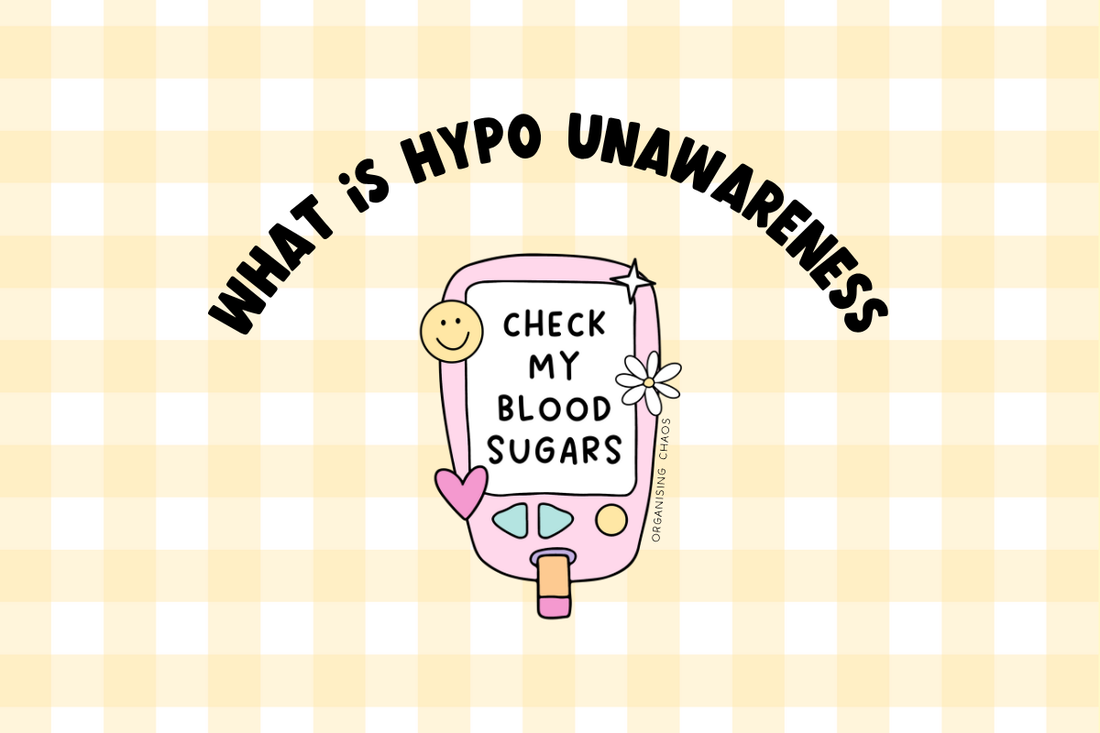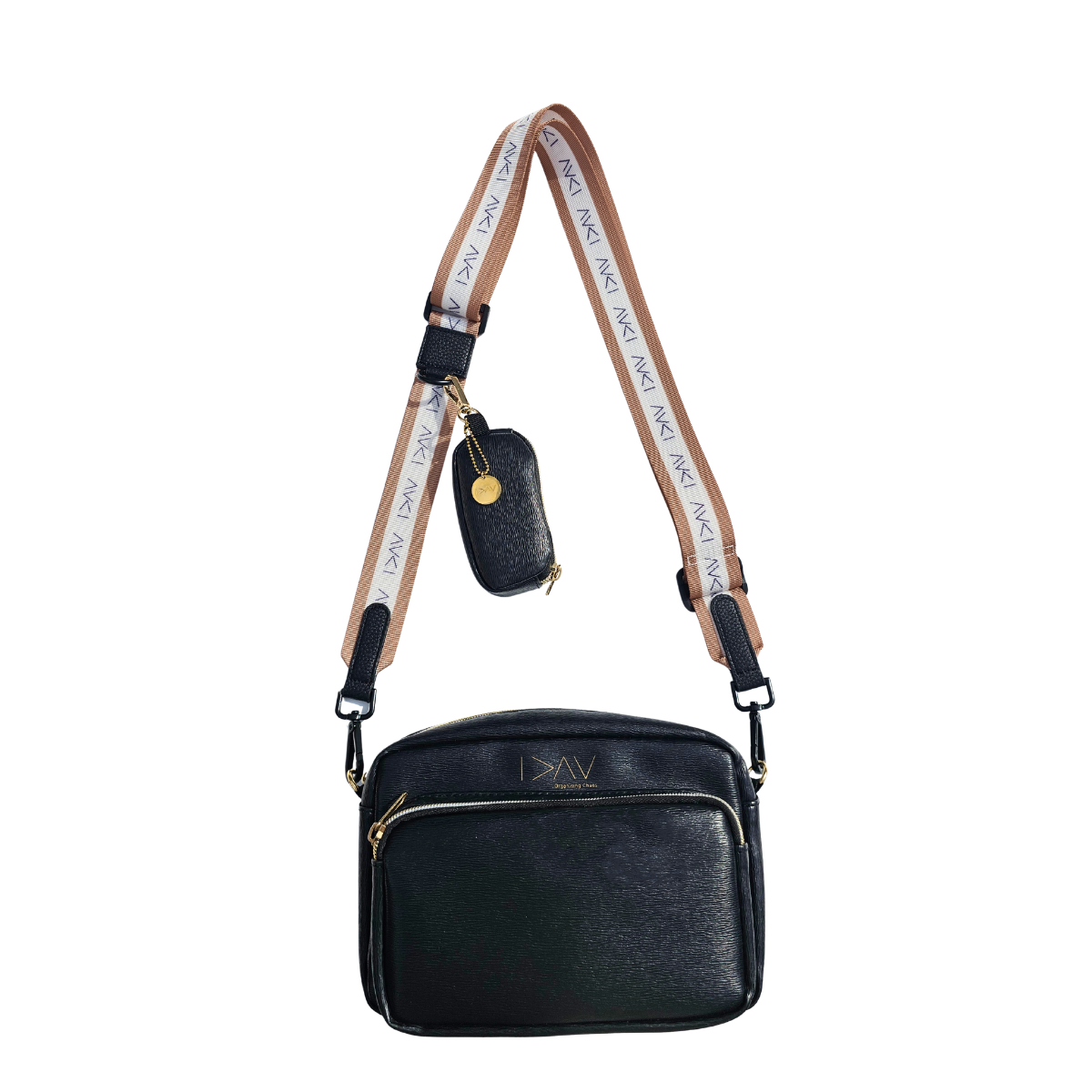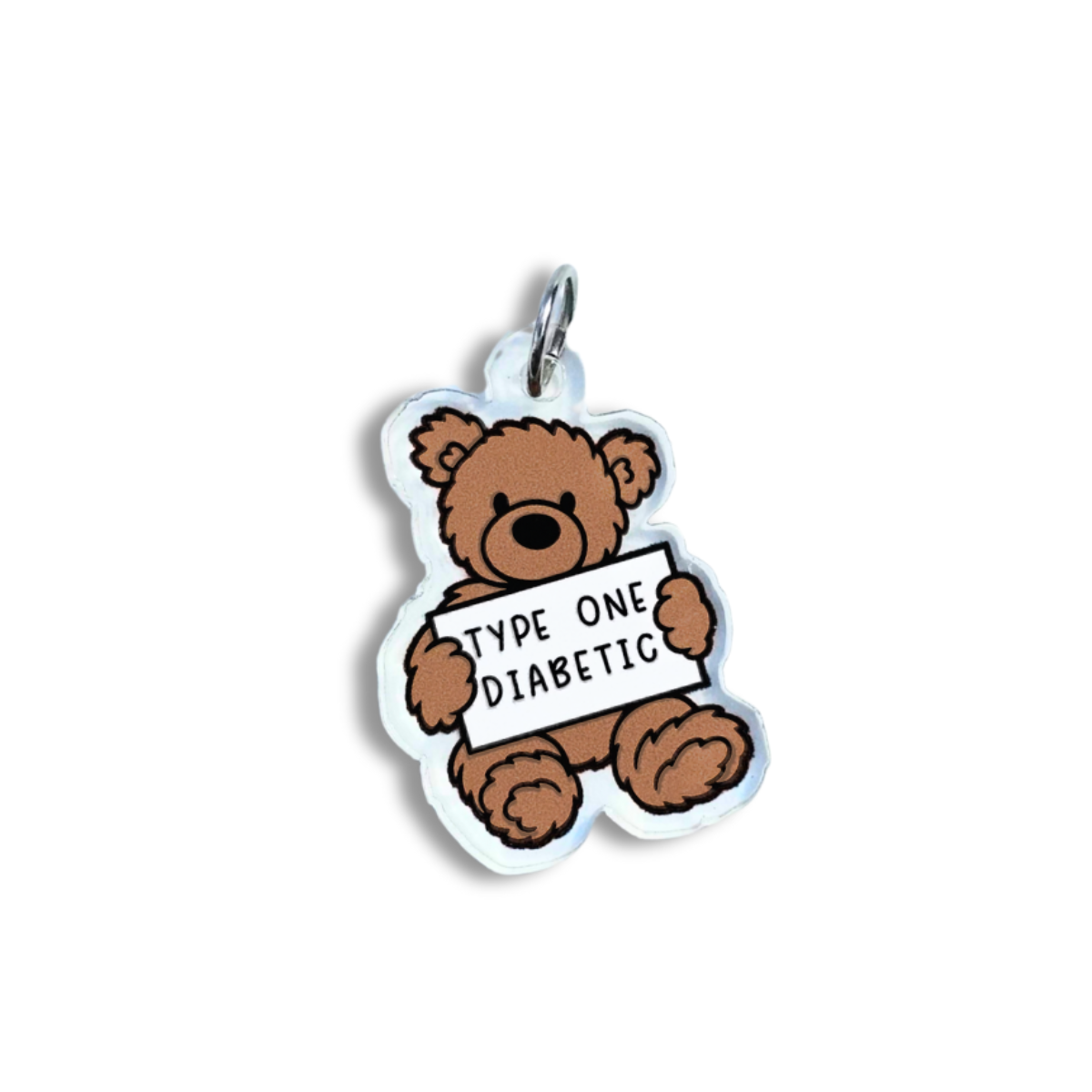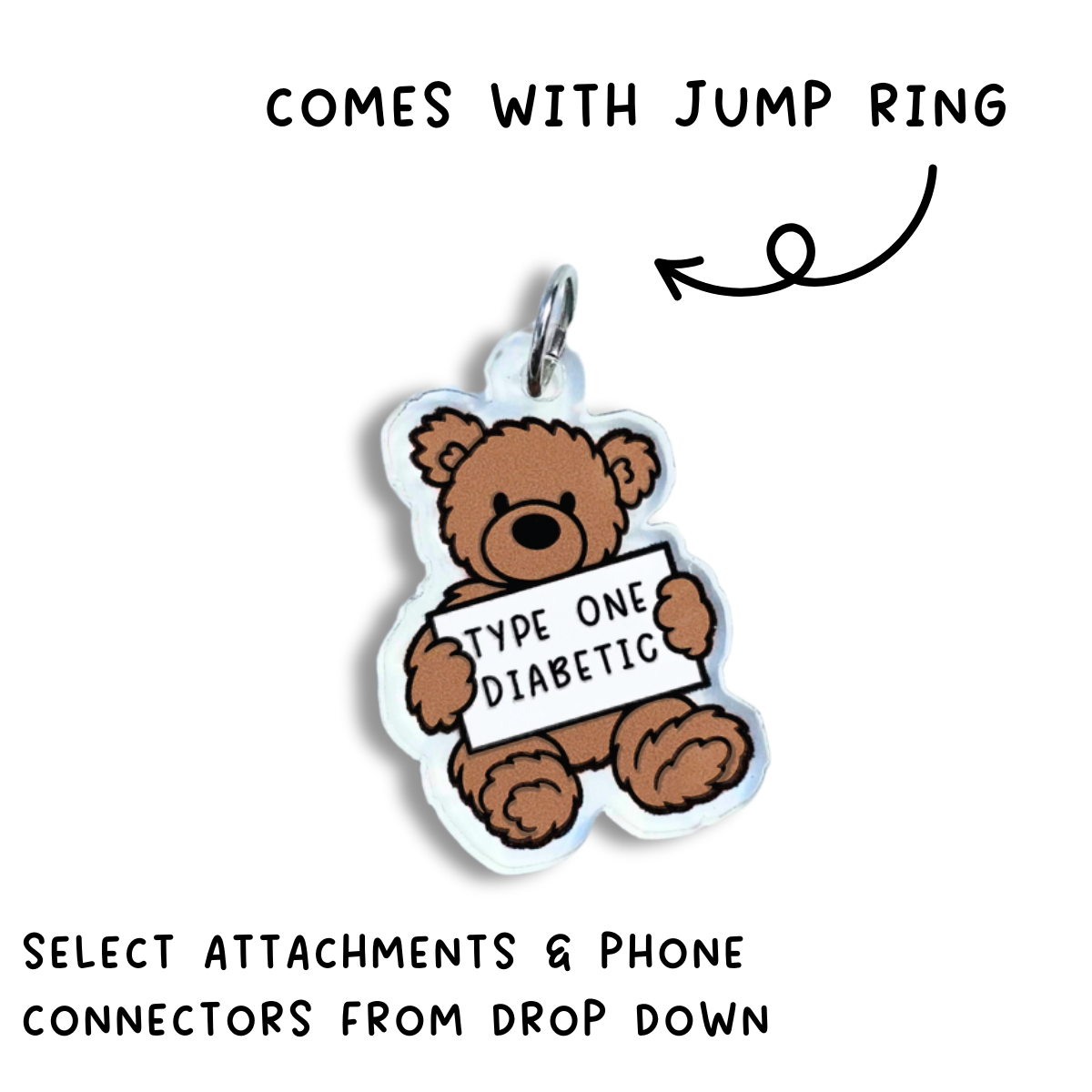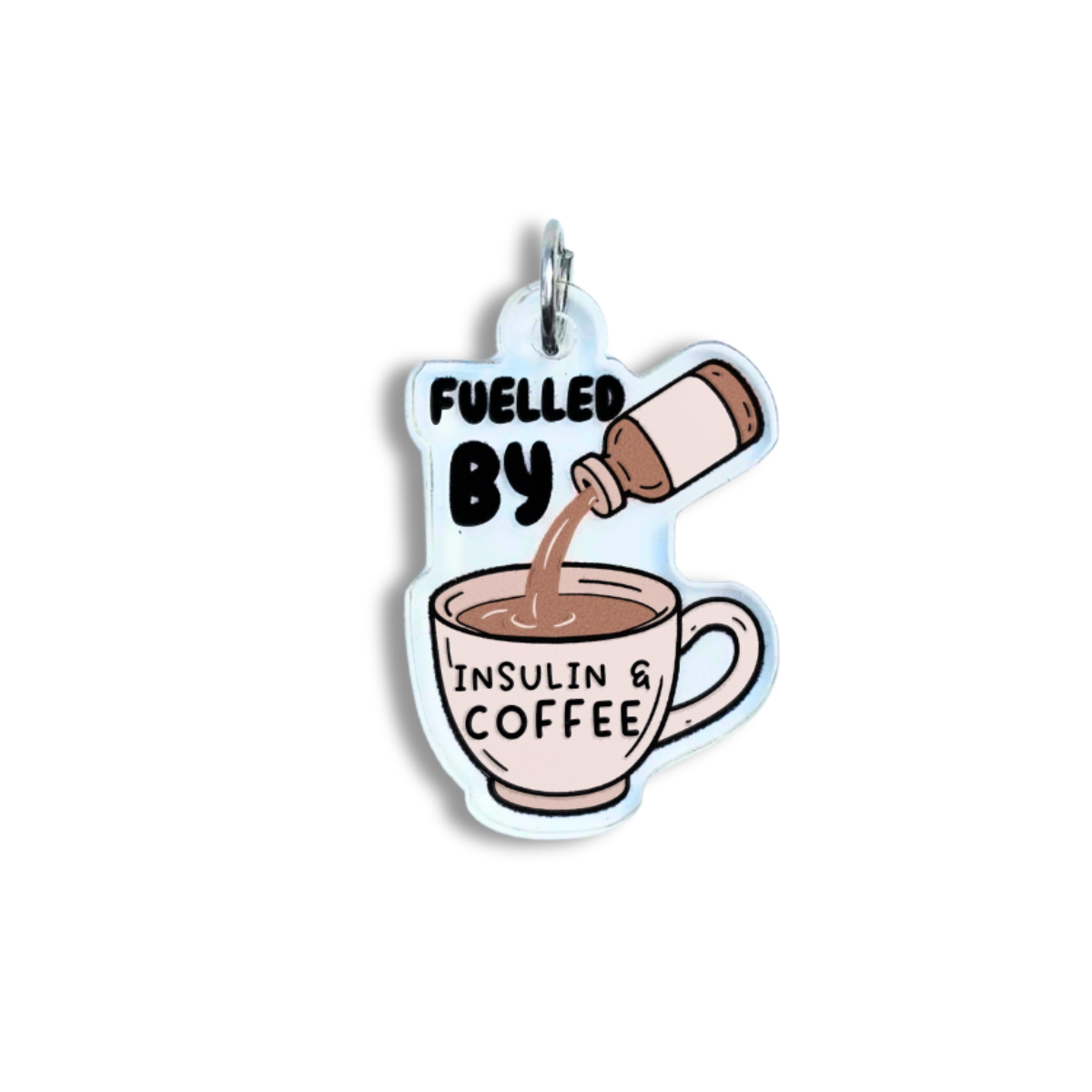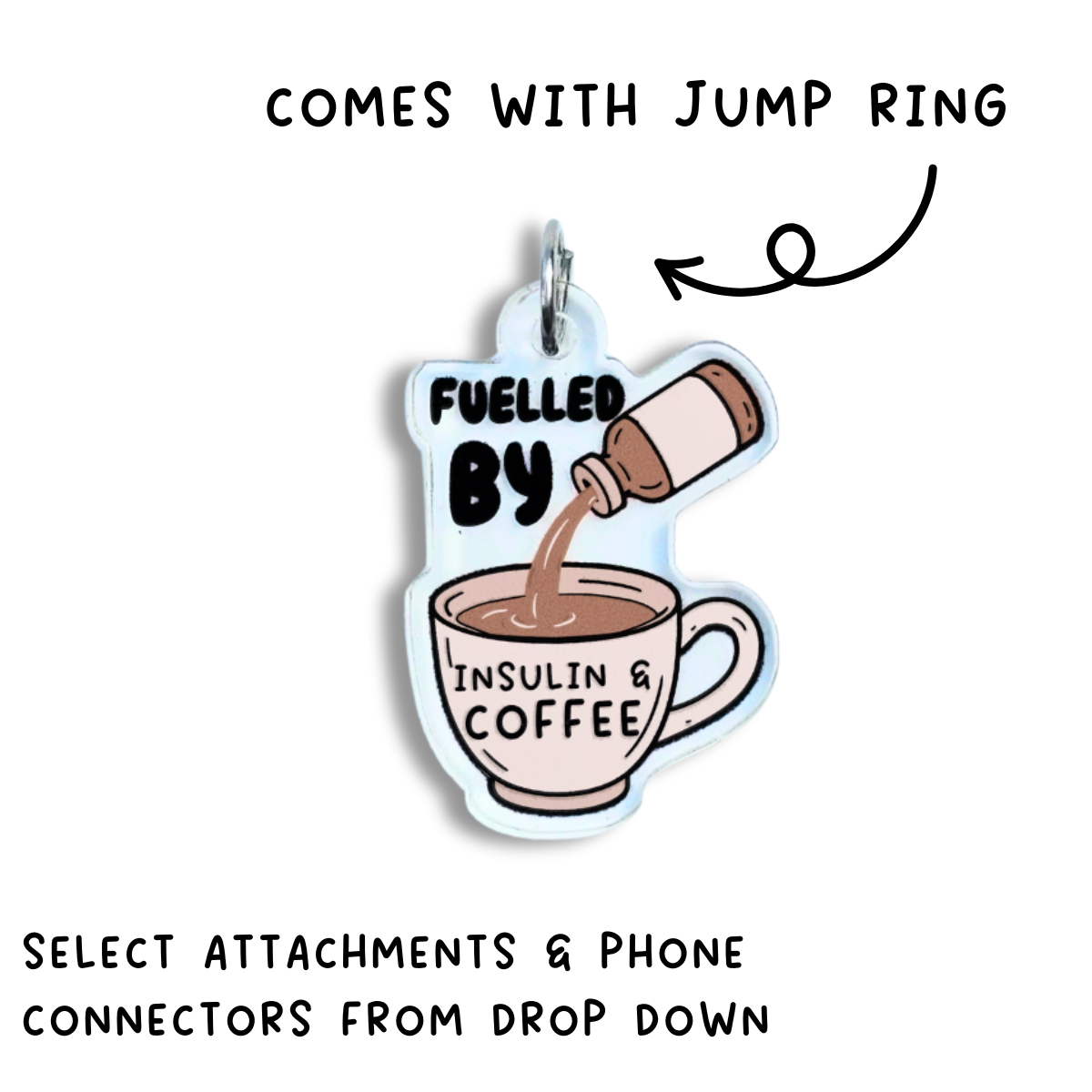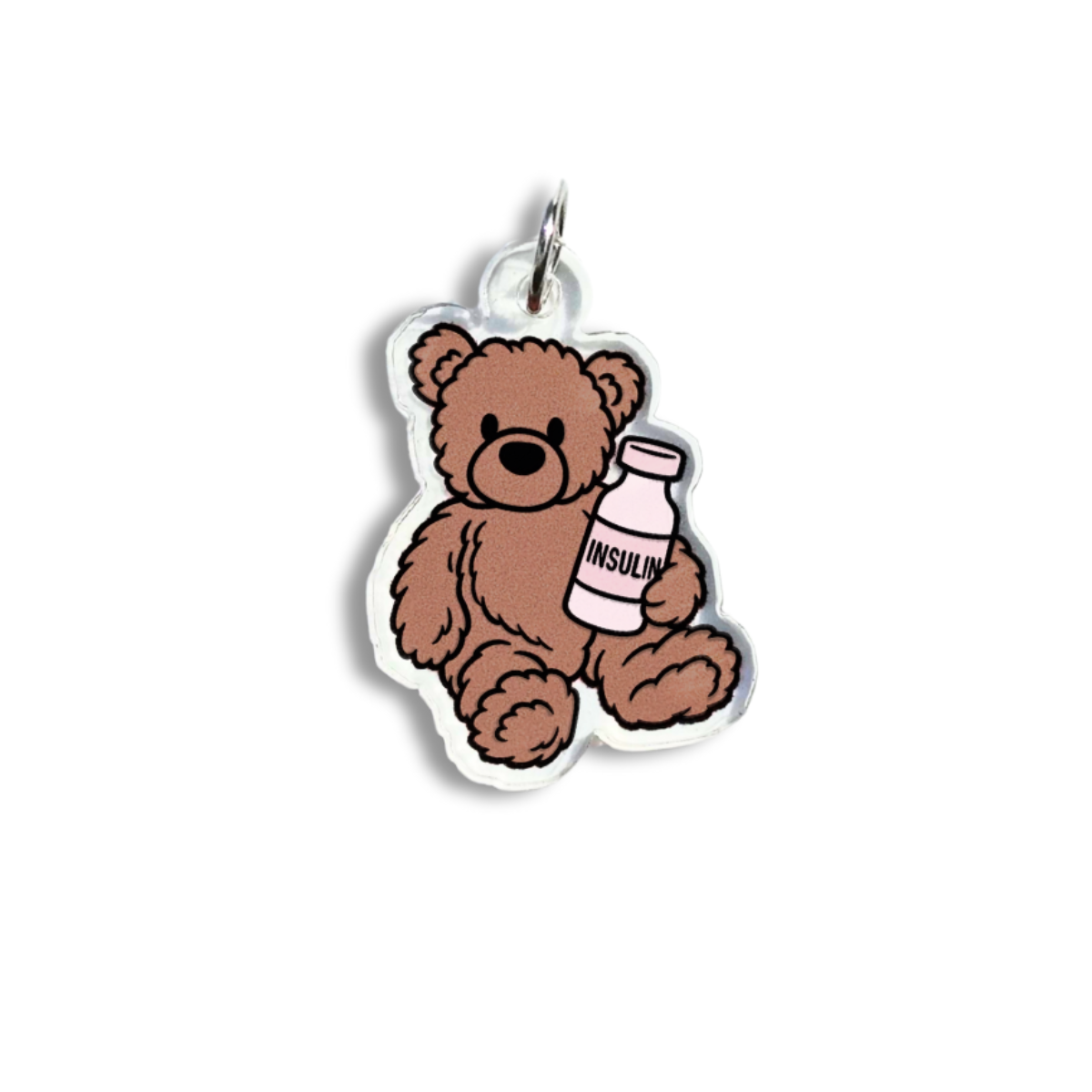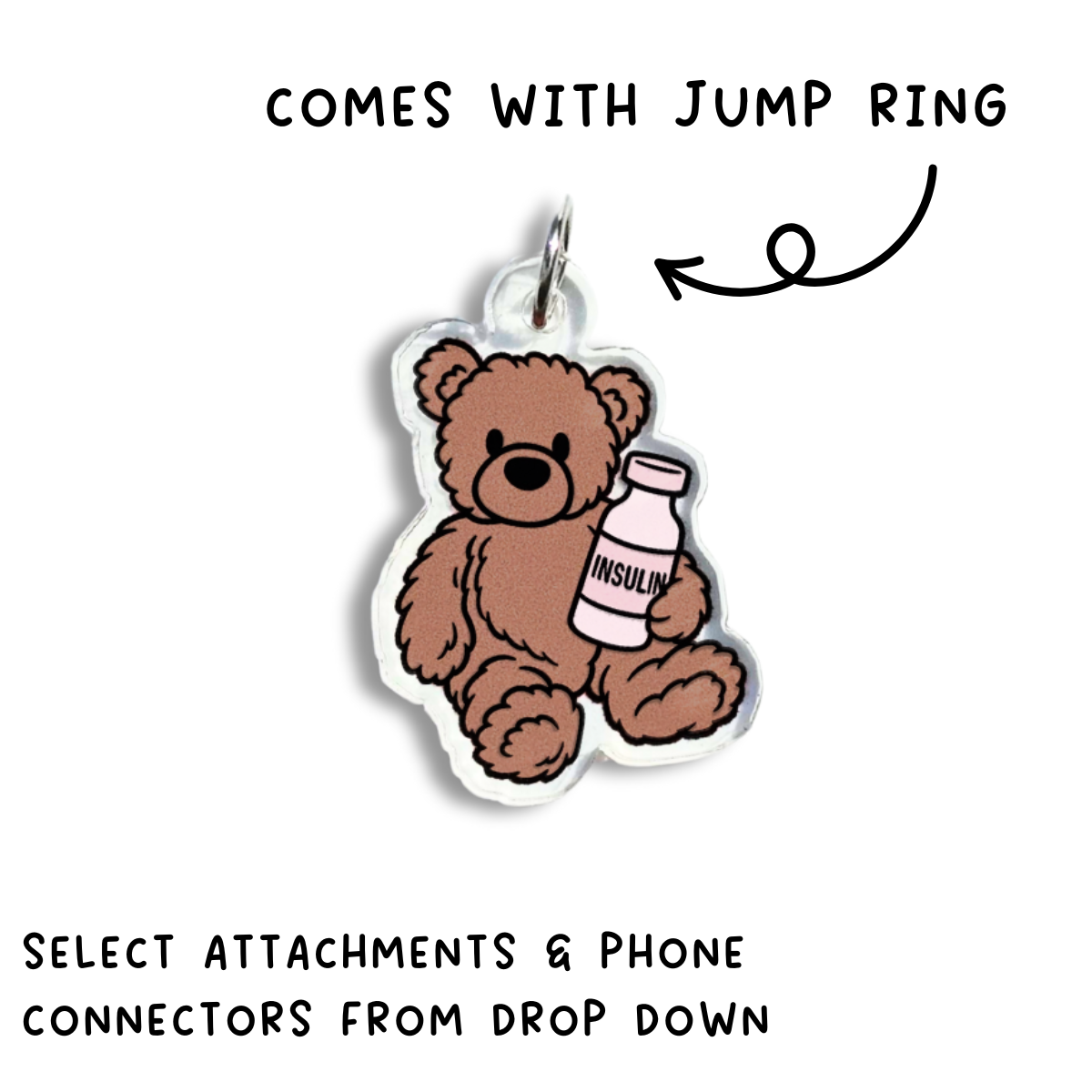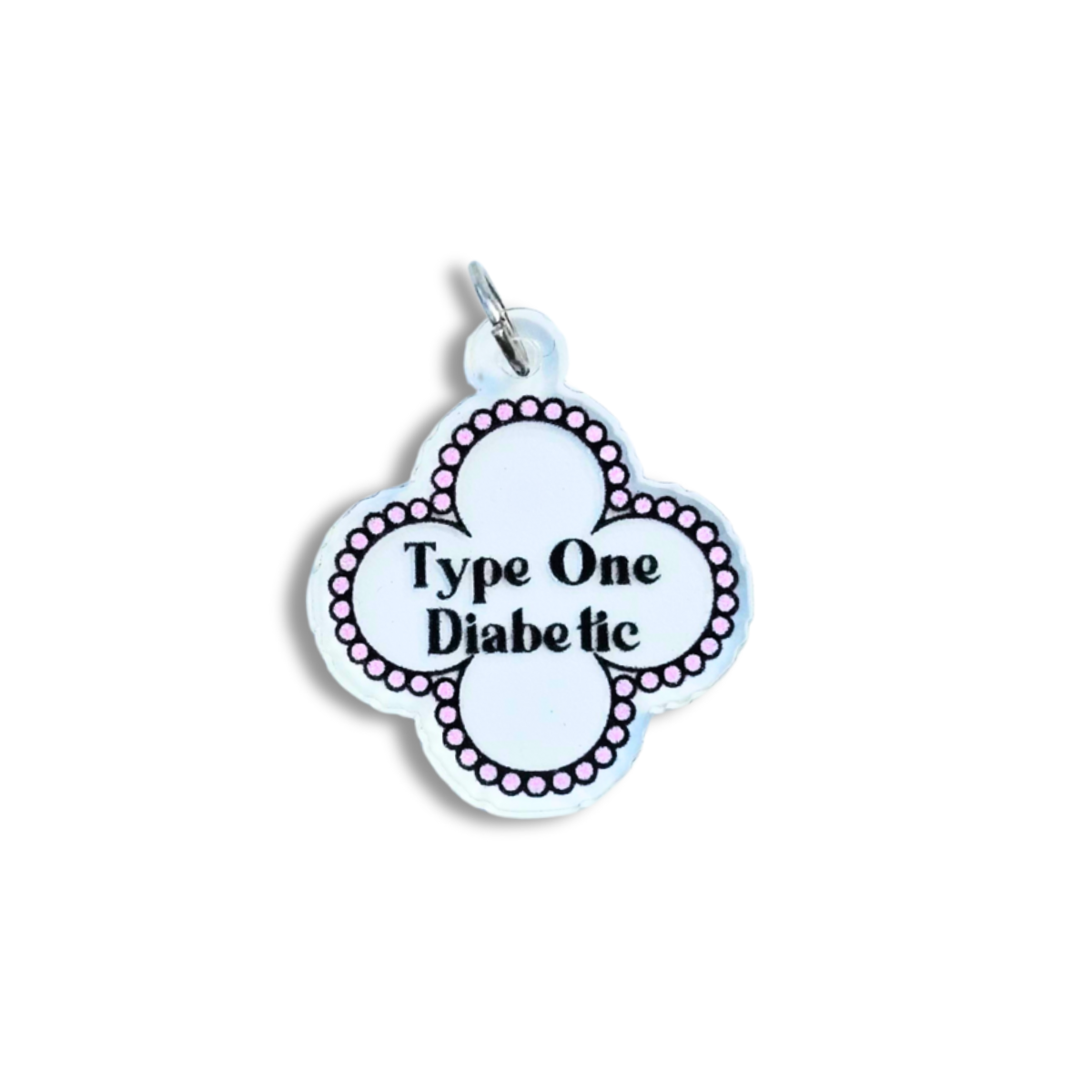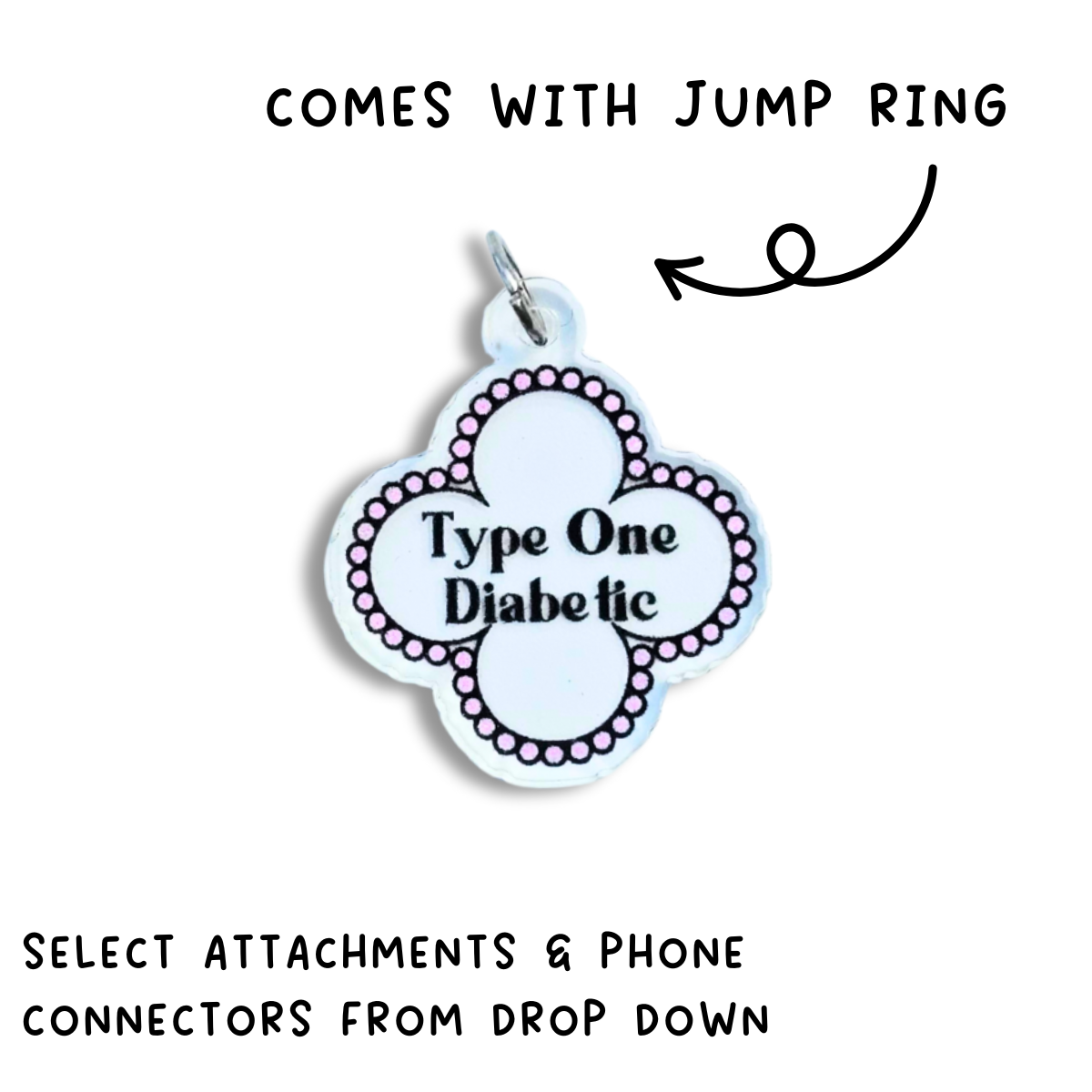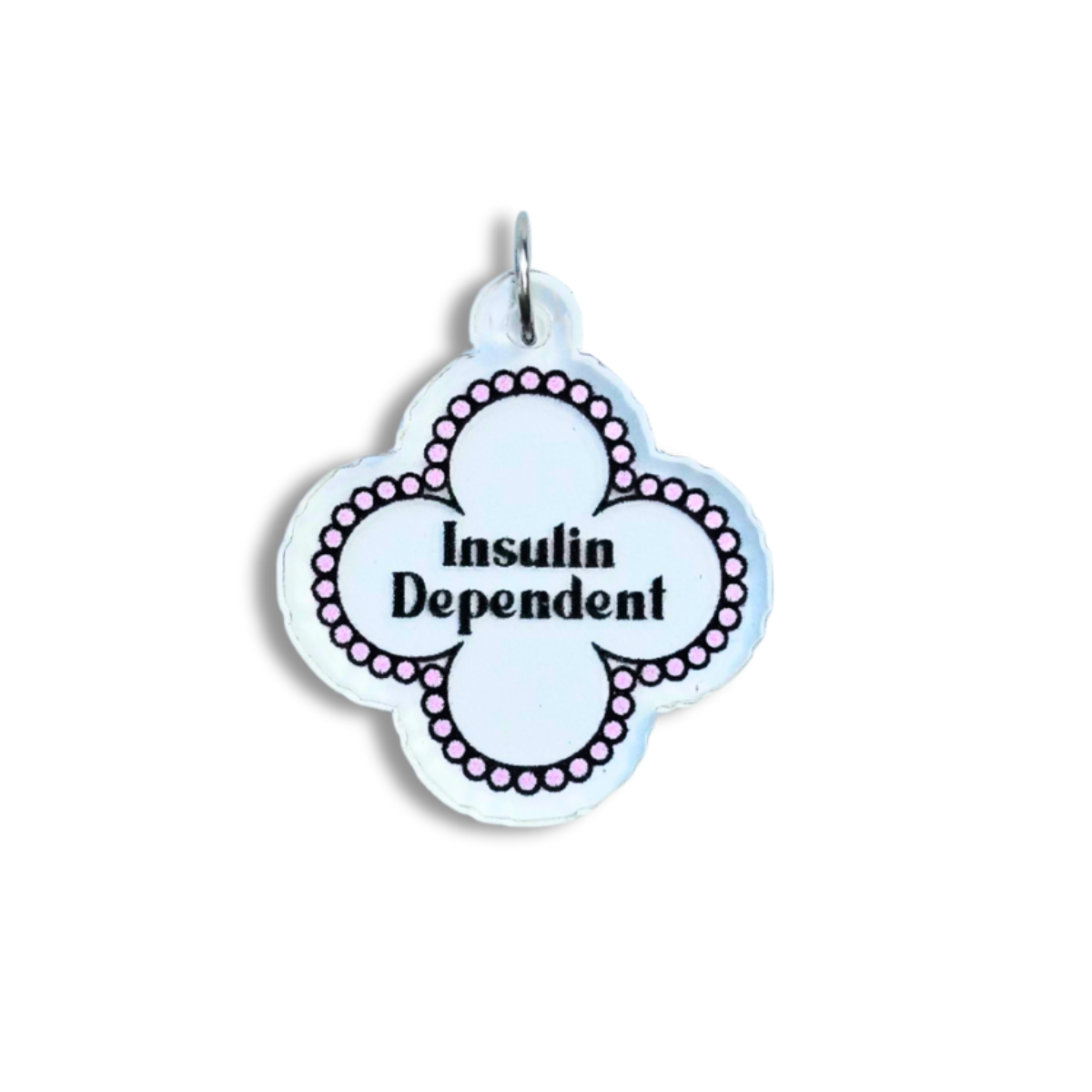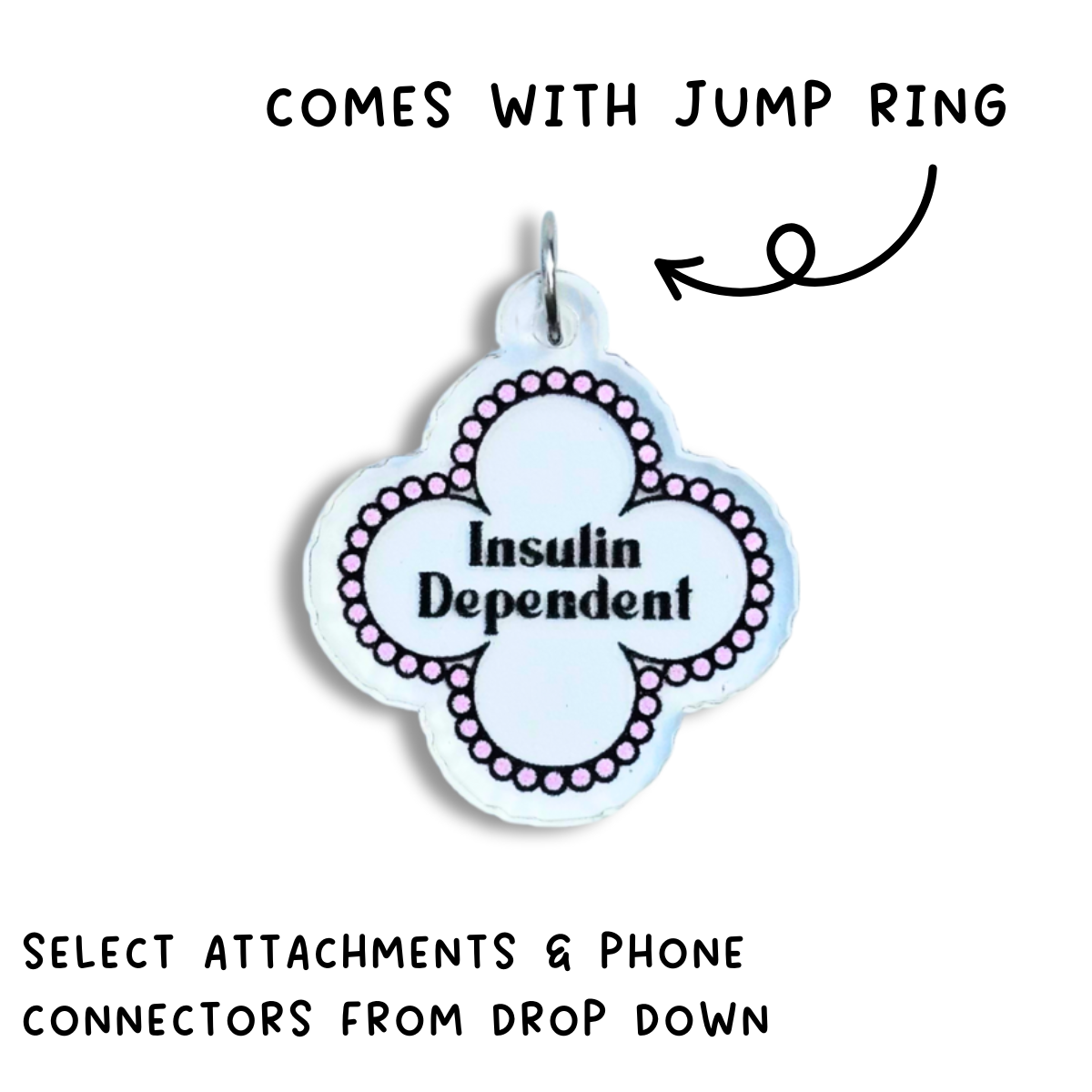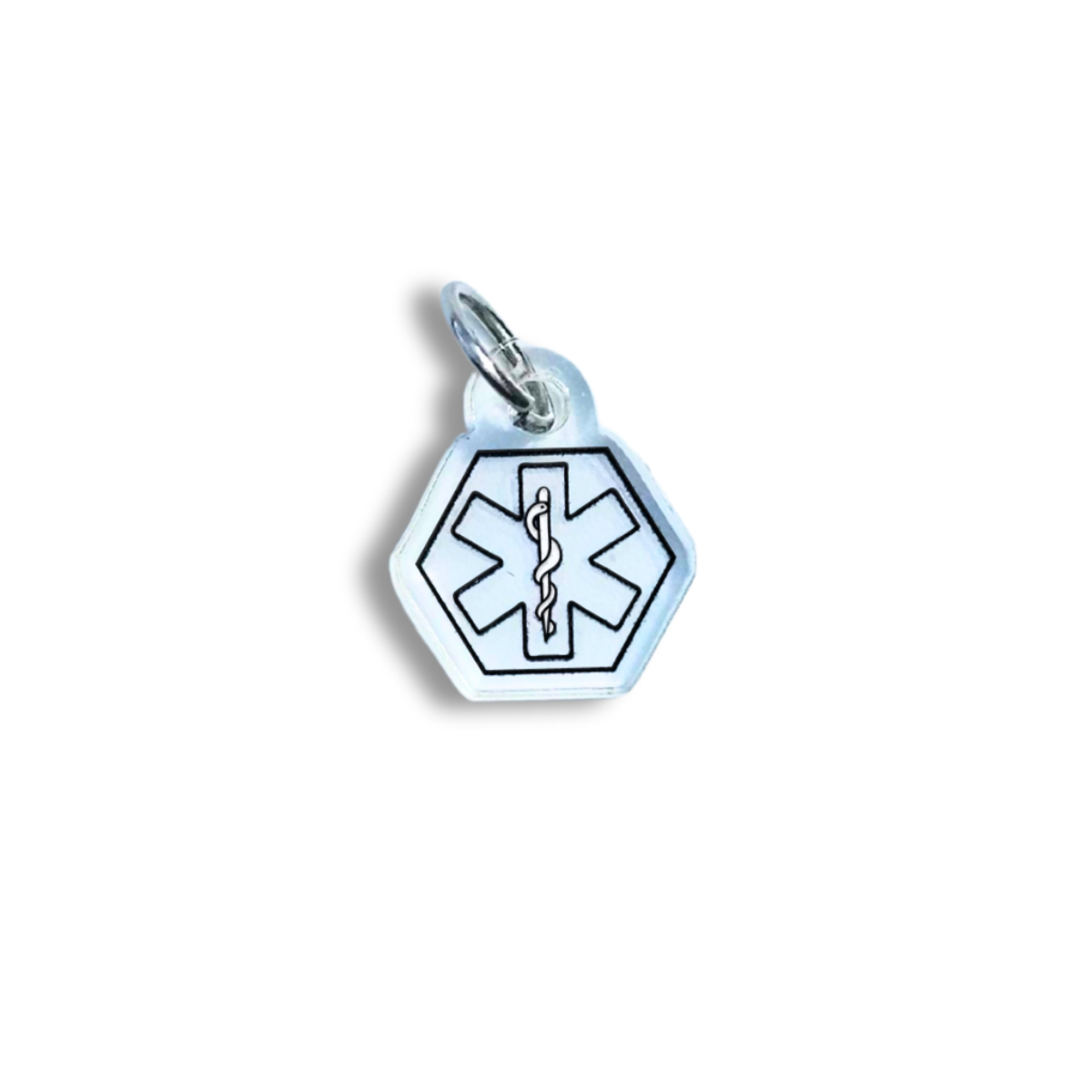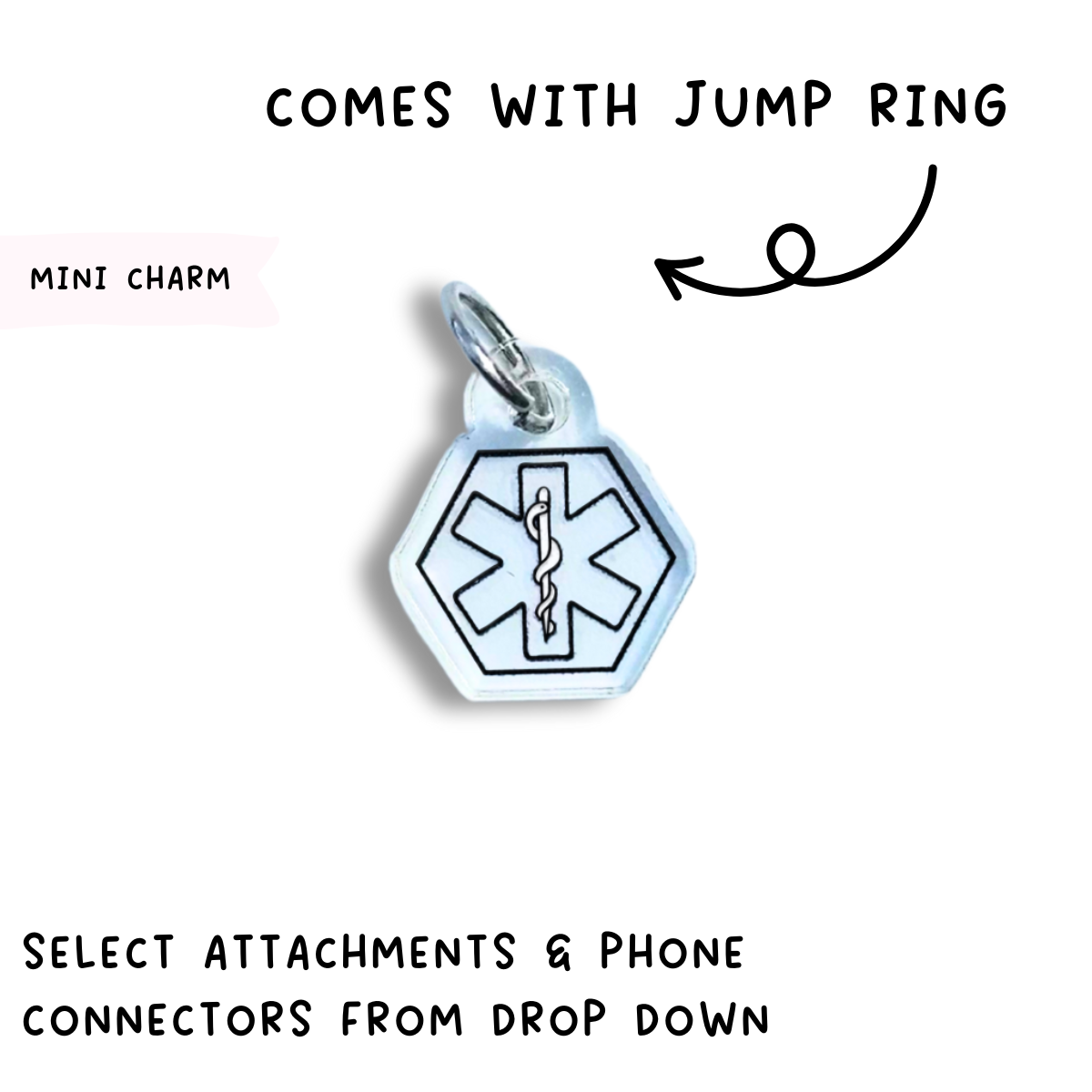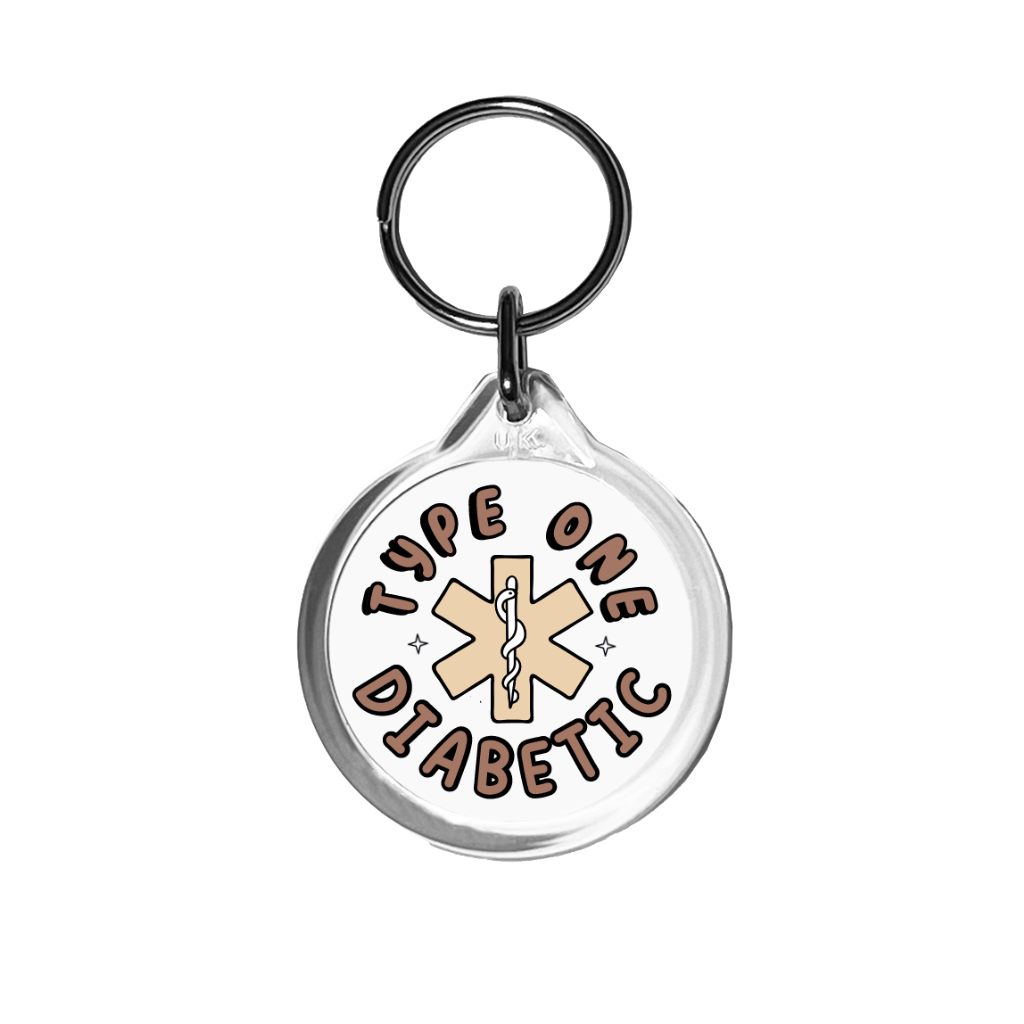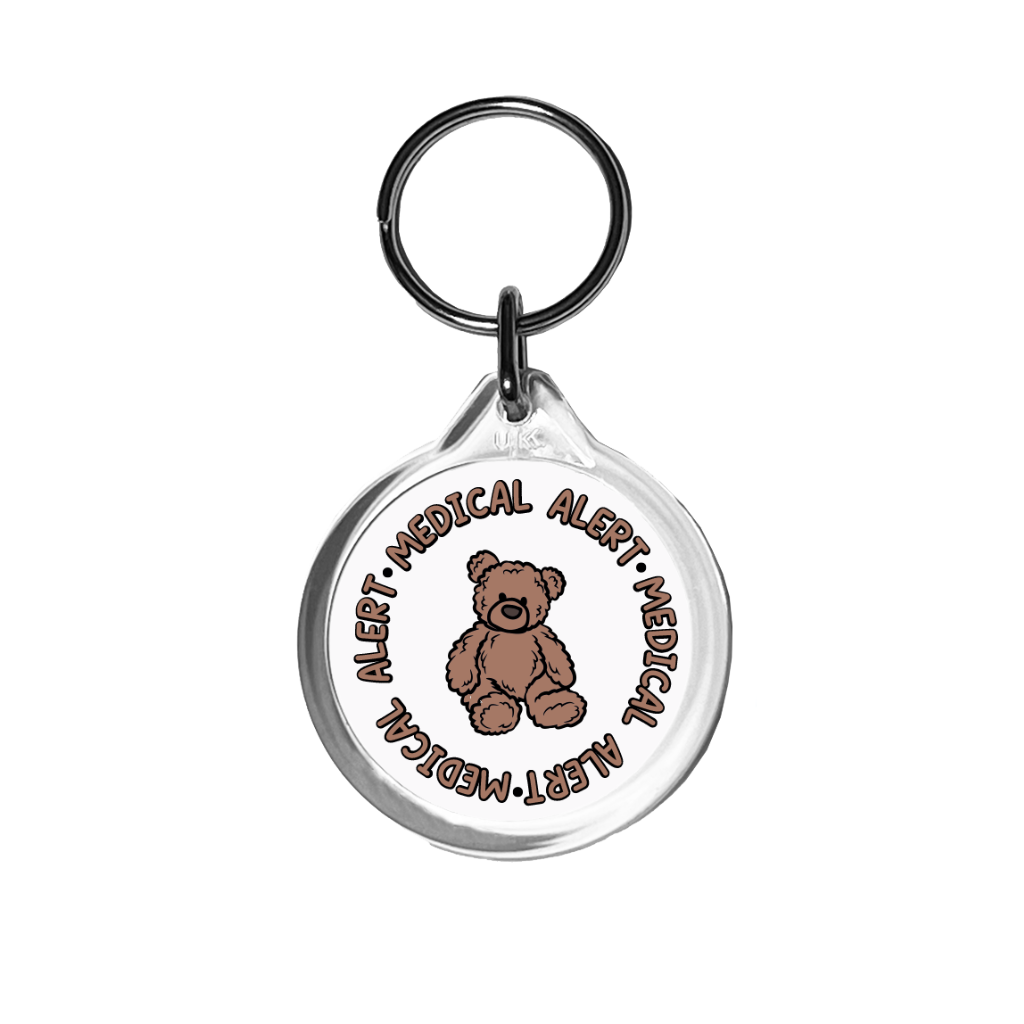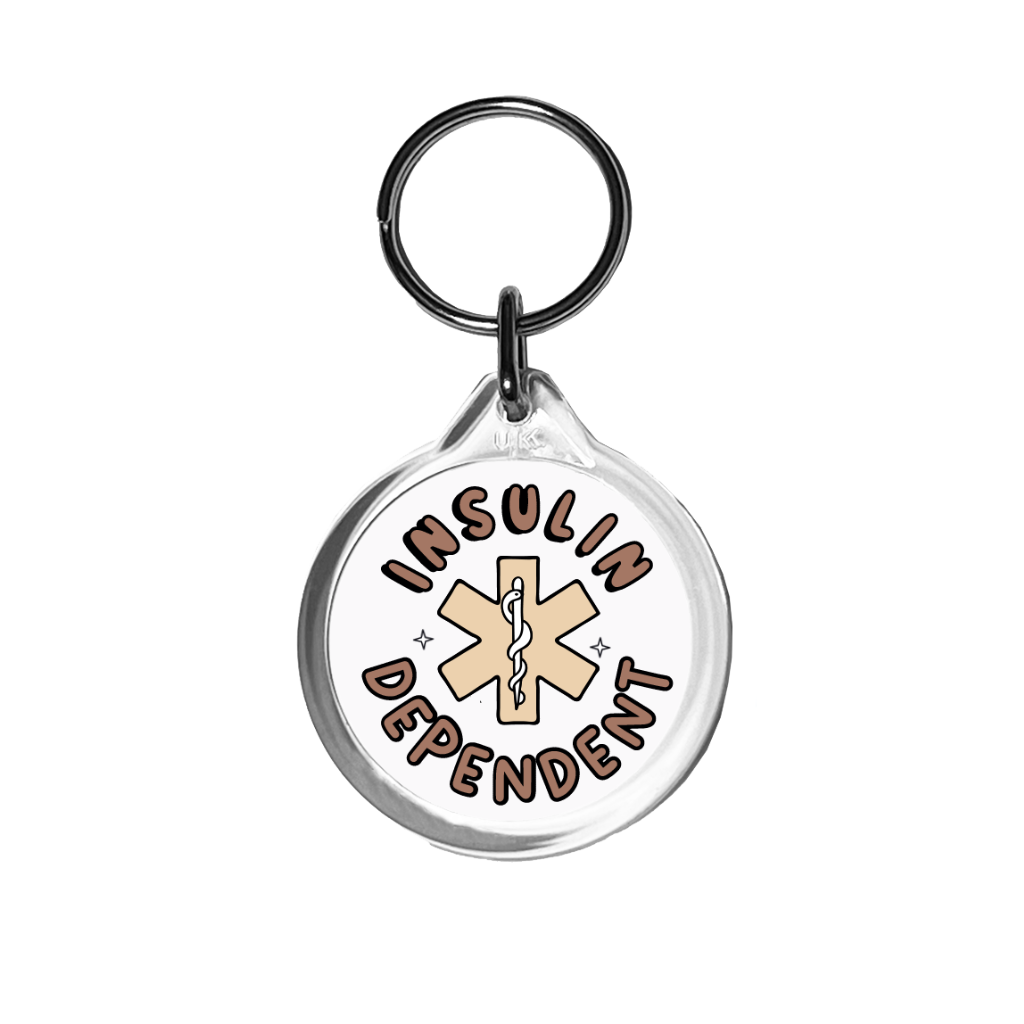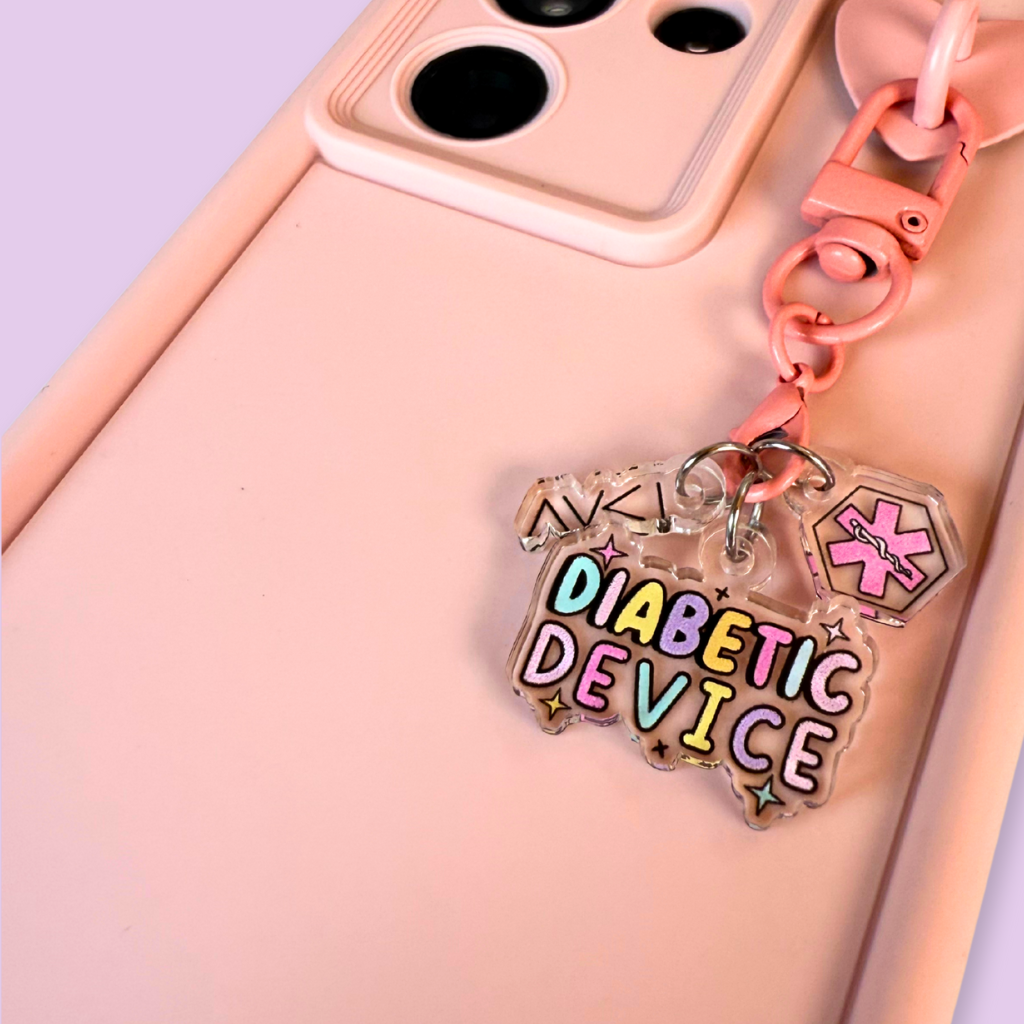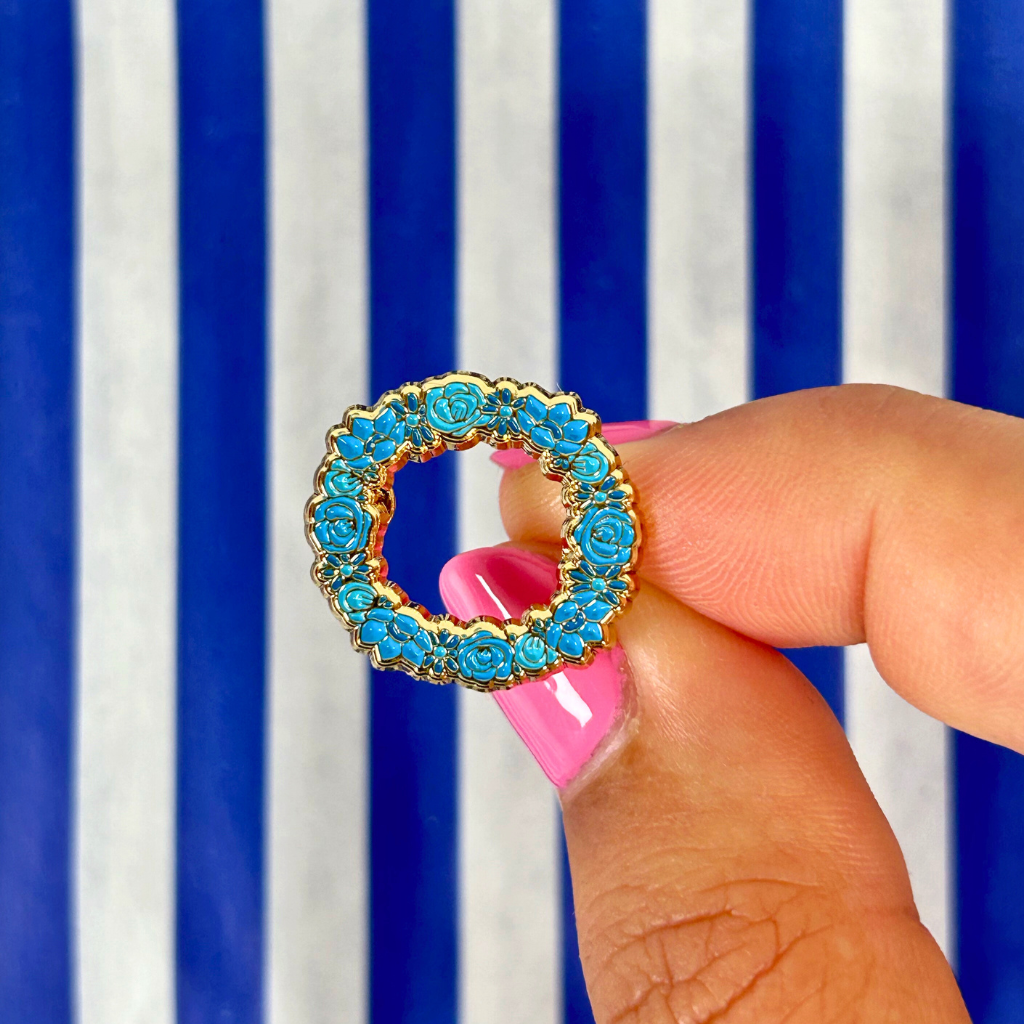Let’s Talk About It (And How to Handle It Like a Pro)
So... what is hypo unawareness?
Imagine your blood sugar is dropping, but your body forgets to tell you. No shakiness, no sweat, no hunger pangs, nothing. Just boom... low blood sugar, out of nowhere. That’s hypo unawareness in a nutshell, and yep, it’s as sneaky as it sounds.
For many of us living with diabetes, this can happen over time especially if you’ve had a lot of hypos or if your blood sugars have been swinging up and down like a theme park ride. But don’t panic, understanding what’s going on (and how to manage it) is the first step to taking back control.
💡 What Exactly Is Hypo Unawareness?
It’s when you no longer get the usual signs of a hypo like feeling shaky, dizzy, sweaty, or suddenly ravenous until your blood sugar is already way too low. Your body’s alarm system kind of stops working properly, which can make hypos feel like they come out of nowhere.
It’s not your fault. It’s not “in your head.” And it definitely doesn’t mean you’ve done something wrong. It just means your brain has become a little too used to low blood sugars and has stopped sending out the usual warning signals.
Why Does Hypo Unawareness Happen?
Let’s break it down. There are a few reasons this can happen, and yep, they’re all frustrating but totally manageable once you know what’s up.
👉 Frequent Hypos
If you’re having lots of low blood sugars, your body might adjust and stop reacting as strongly. It’s like it’s learned to ignore the fire alarm. Not ideal.
👉 Long-Term Highs and Lows
When your blood sugars have been a bit chaotic (we’ve all been there), your body can struggle to sense when things are dipping too low.
👉 Certain Meds (Looking at You, Insulin)
Some diabetes meds, especially insulin, can increase your risk, and make it harder to spot the signs of a hypo early on.
👉 Nerve Damage (aka Neuropathy)
If you’ve had diabetes for a while, nerve damage can mess with how your body sends out those all-important warning signals.
How to Actually Deal With It
Okay, so now we know what it is. Let’s talk about what you can do.
🩸 Check Your Levels Often
Even if you feel fine, don’t rely on your body to tell you when you’re low. Get into the habit of checking regularly. And if in doubt always double check with a finger prick as it's way more accurate and gives a real-time result.
📳 Use the Tech
If you’ve got a CGM with alerts, set those babies up. And set up alerts that go off when your blood sugar starts dropping. They can seriously be the difference between a quick juice box and a full-on hypo drama.
⚖️ Review Your Insulin Doses
Try to avoid big swings in your blood sugars. Chat with your diabetes team to fine-tune your insulin and help keep things more stable.
💬 Educate Your Inner Circle
If your body isn’t giving you the early signs, make sure your people know what to look for. Whether it’s your partner, flatmate, or that friend who always has snack, get them clued up.
🍭Always keep your hypo stash close (and cute)
One of the best ways to stay on top of hypo unawareness is to make sure your hypo treatments are always within reach, whether that’s in your bag, by your bed, or on your desk. I always keep mine in a Hypo-Pot because let’s be honest, if you’re going to treat a low, you might as well do it in style and portion controlled to avoid those hyper rebounds.
If you’re struggling with hypo unawareness or feeling worn down by frequent lows, you’re not alone. Low blood sugars can be tough, both physically and emotionally. That’s where our Glucose Guardian Jelly Babies come in. They’re cute little accessories made to give you a boost: by lifting your mood and offering a little encouragement when diabetes feels heavy.
Final Thoughts (From One Diabuddy to Another)
Hypo unawareness isn’t talked about enough, but it’s so important to know about especially if you’re starting to feel like your hypos are coming out of nowhere. You deserve to feel safe and supported in your diabetes journey, and this is just one more thing you can get ahead of.
If anything here sounds familiar, have a chat with your diabetes team. There are ways to retrain your body to sense hypos again and tools to keep you safe in the meantime.

